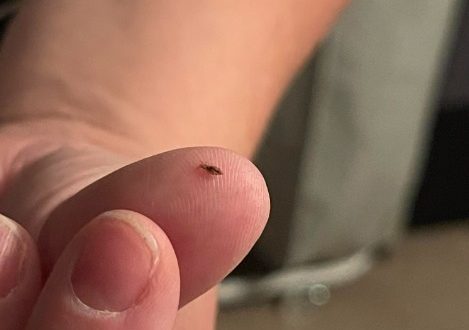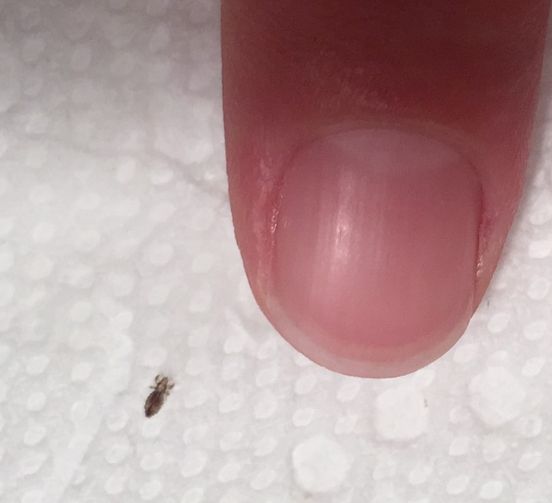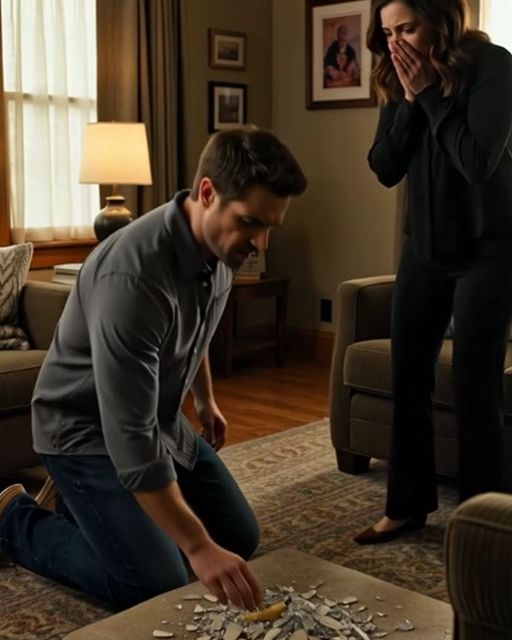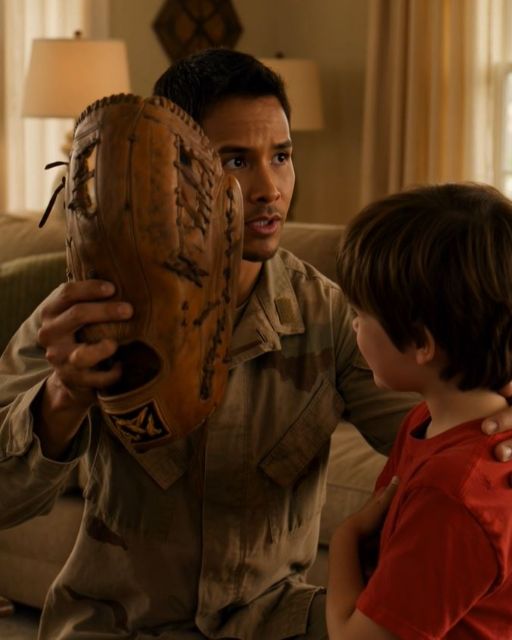Head lice are tiny, parasitic insects that commonly infest the scalp, especially in children. While they don’t pose a serious health risk, they can cause discomfort and are notoriously difficult to get rid of once they’ve taken up residence. Thankfully, there are several ways to prevent lice from ever becoming a problem. Here’s a guide to help keep head lice away from your children using natural, effective methods.

1. Encourage Good Hygiene Habits
While head lice don’t discriminate between clean or dirty hair, maintaining good hygiene can help in early detection and prevention. Teach your children to avoid head-to-head contact, which is the most common way lice spread. If your child is going on a playdate, participating in sports, or attending school, remind them not to share personal items such as combs, hats, scarves, or hair accessories.
2. Use Essential Oils as a Deterrent
Essential oils have been widely known for their natural insect-repelling properties. Some oils, like tea tree oil, lavender, and eucalyptus, are effective against lice. You can create a homemade spray by mixing 10-15 drops of one of these essential oils with water in a spray bottle. Spritz it lightly on your child’s hair and scalp before they head out to school or other activities. This can act as a natural shield against lice.
3. Keep Hair Tied Back
For children with longer hair, tying it back in braids, buns, or ponytails can help minimize their chances of getting lice. Lice have a harder time attaching to hair that is neatly tied or styled, so this can act as a simple yet effective preventative measure. Tight styles reduce the opportunity for lice to crawl onto the scalp.
4. Perform Regular Hair Checks
Regularly checking your child’s hair for lice or nits (lice eggs) is an excellent preventive measure. Early detection can help stop an infestation before it becomes difficult to control. Use a fine-toothed comb to inspect the scalp, especially around the nape of the neck and behind the ears, which are favorite hiding spots for lice.
5. Wash Bedding and Personal Items Frequently
Lice can survive off the scalp for a short period, so it’s crucial to wash items like pillowcases, bedding, hats, and hairbrushes regularly. Use hot water and a high heat setting on the dryer to kill any potential lice or eggs that might have transferred onto these items. Soaking hairbrushes and combs in hot water for 5-10 minutes can also prevent lice from spreading.
6. Educate Your Child About Sharing
Kids love to share their favorite toys and items, but when it comes to personal hair accessories, it’s best to set boundaries. Gently explain to your child why it’s important not to share brushes, hair ties, hats, or any items that touch the hair. By reinforcing this message regularly, you can help your child understand the importance of protecting their scalp.
7. Keep a Lice-Repellent Shampoo on Hand
Several natural shampoos contain lice-repelling ingredients like neem oil, tea tree oil, and rosemary. You can use these as part of your child’s regular hair care routine, especially during school seasons when lice outbreaks tend to be more common. These shampoos can create an inhospitable environment for lice, reducing the chances of infestation.
8. Be Prepared for School Outbreaks
Lice tend to spread more easily in environments where children are in close quarters, like schools or daycare centers. If you hear of a lice outbreak in your child’s school, take immediate preventive action. Apply the essential oil spray, ensure your child’s hair is tied back, and remind them of the importance of not sharing personal items.
Conclusion
Preventing head lice may require consistent effort, but it is possible to keep these pesky insects at bay. By combining good hygiene habits, natural lice repellents like essential oils, and regular hair checks, you can significantly reduce the likelihood of your child experiencing a lice infestation. Keeping lice away doesn’t have to be difficult or stressful, and with these tips, you’ll feel confident in your ability to protect your child’s hair from unwanted visitors.




